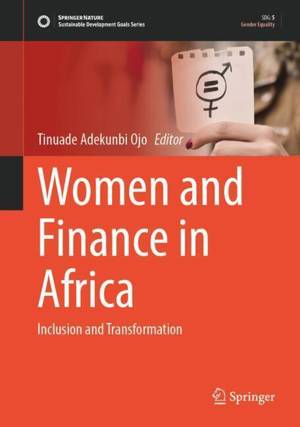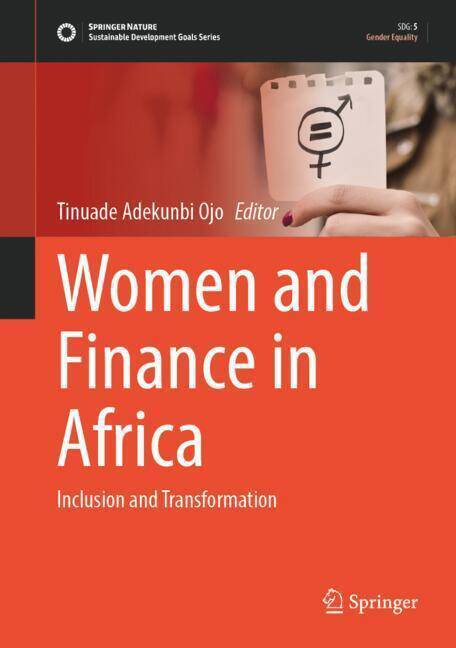
- Retrait gratuit dans votre magasin Club
- 7.000.000 titres dans notre catalogue
- Payer en toute sécurité
- Toujours un magasin près de chez vous
- Retrait gratuit dans votre magasin Club
- 7.000.0000 titres dans notre catalogue
- Payer en toute sécurité
- Toujours un magasin près de chez vous
Women and Finance in Africa
Inclusion and Transformation
Description
This volume presents a collection of cases that examine the status of financial inclusion for women across a variety of states in the African continent. The book uses a qualitative research method and presents both primary to secondary data to narrate the impact of gender-responsive budgeting on women's empowerment and gender equality in these communities. The chapters present the analysis of the effectiveness of African state' approaches and share lessons that different African economies, whether currently booming or struggling, can enhance or implement toward the financial inclusion and gender budgeting response at all structural levels. The main objectives of this volume are to understand different processes for financial inclusion to gender issues at a national level and to help encourage reflection on what lessons could be learned between states and what factors cause divergence in multilateral settings so that they can be understood and addressed.
Spécifications
Parties prenantes
- Editeur:
Contenu
- Nombre de pages :
- 148
- Langue:
- Anglais
- Collection :
Caractéristiques
- EAN:
- 9783031533365
- Date de parution :
- 10-05-24
- Format:
- Livre relié
- Format numérique:
- Genaaid
- Dimensions :
- 175 mm x 246 mm
- Poids :
- 544 g

Les avis
Nous publions uniquement les avis qui respectent les conditions requises. Consultez nos conditions pour les avis.





